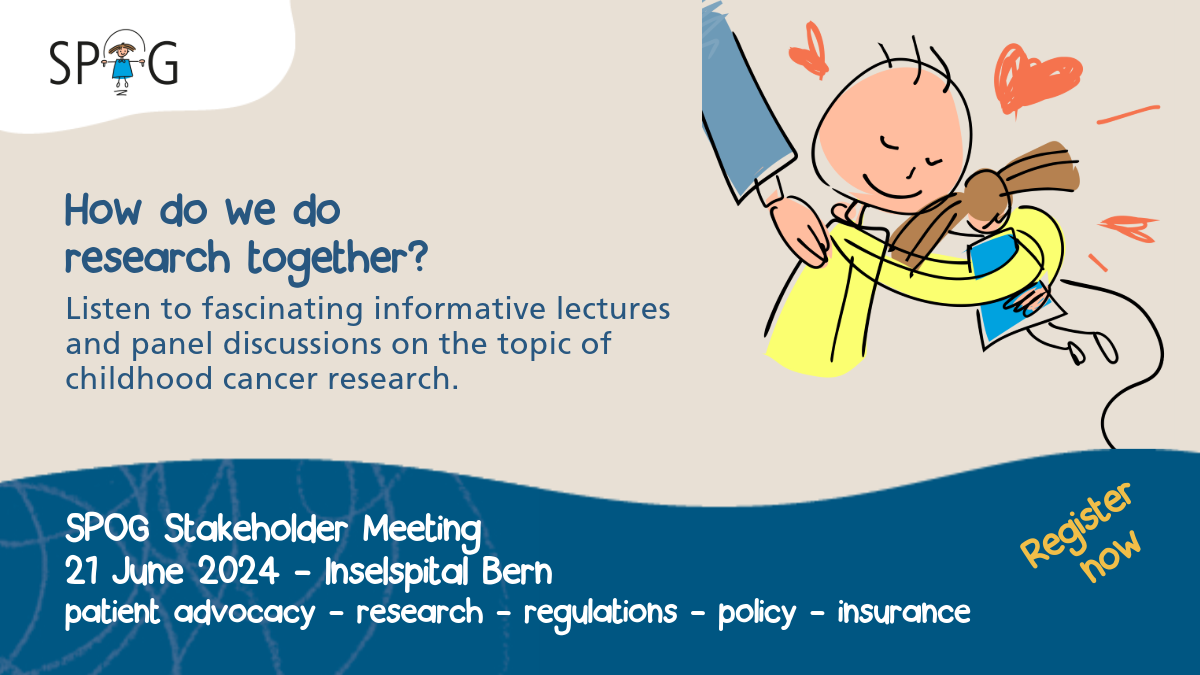MAKEI V
Given the very good overall prognosis for malignant germ cell tumours nowadays, the quality of survival has become an important consideration when deciding on treatment. In the MAKEI V trial, all male and female patients are assigned to a risk group according to certain criteria. This assignment enables differentiated treatments to be administered. Depending on the risk group, germ cell tumours are managed by surgery on its own, or by a combination of surgery and chemotherapy. Although the chances of a cure are often very good with such measures, they are not infrequently associated with serious side effects.
In this trial, two different chemotherapy drugs – cisplatin and carboplatin – are being compared. Cisplatin has, for decades, been the leading active substance used for treating malignant germ cell tumours. Carboplatin is thought to have fewer side effects overall compared to cisplatin and, in particular, be less harmful to the kidneys and hearing. Although carboplatin is assumed to be just as effective as cisplatin, this has not yet been investigated in a randomised trial. By comparing cisplatin and carboplatin, MAKEI V is now planning to examine whether equally good survival rates with less intense side effects can be achieved with the use of carboplatin compared to the existing treatment with cisplatin.
Responsible for the international implementation of the trial is the Rhenish Friedrich Wilhelm University of Bonn, represented by the Dean of the Medical Faculty of Bonn, Germany (sponsor). The Swiss Paediatric Oncology Group (SPOG) is responsible for performing the trial in Switzerland (sponsor’s representative).
In short
- The study is investigating malignant germ cell tumours located outside the central nervous system in children and adolescents. By comparing two chemotherapy drugs, it will check whether one of the active substances can produce equally good survival rates with fewer side effects (primarily on the kidneys and hearing).
- Now that the overall prognosis for malignant germ cell tumours is very good, the quality of survival is becoming increasingly important.
- The aim is to improve the treatment for future patients so that they suffer fewer side effects after treatment and are then able to enjoy a better quality of life overall.




